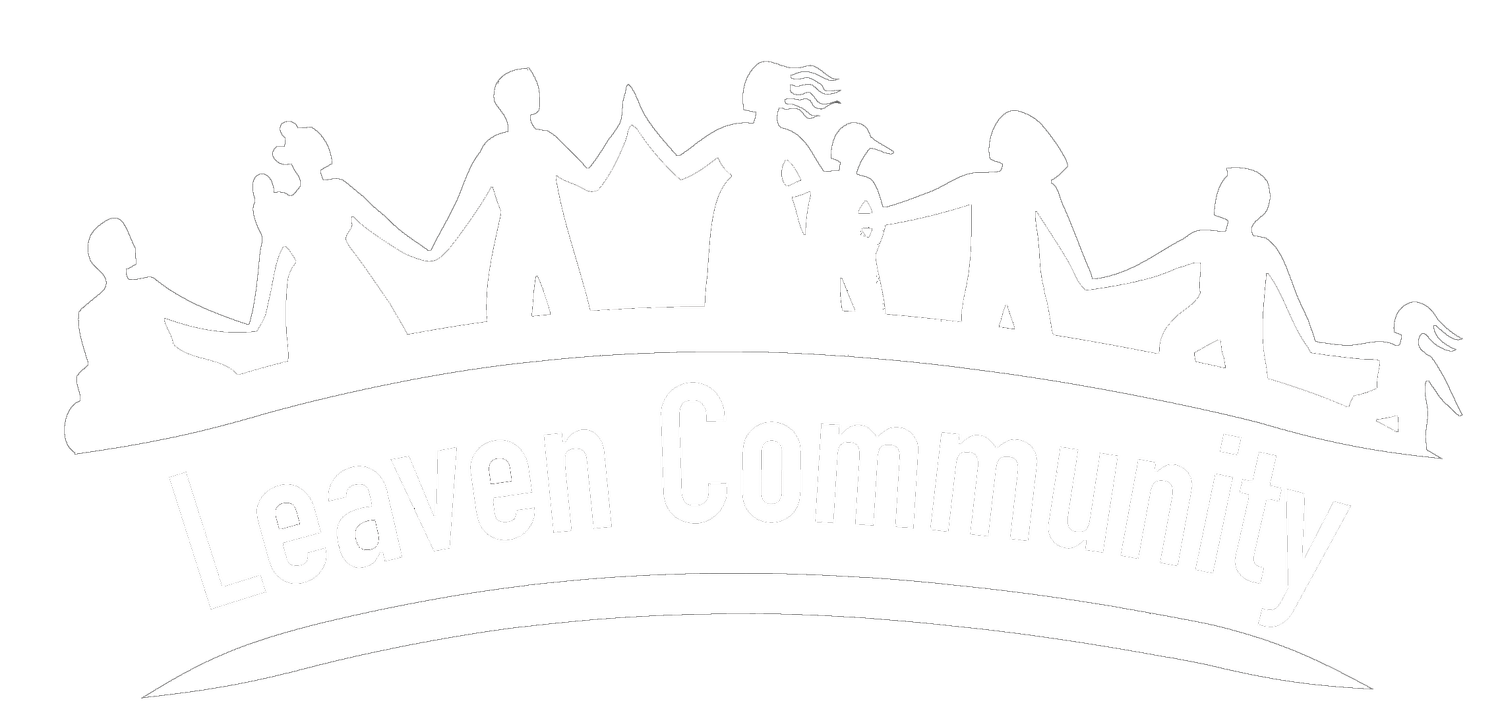Discussion Facilitator: Tod Fiste. November 30, 2019.
Excerpt:
Reclaiming Our Agency
by Peter Doobinin
The Buddha’s path is a path of action. As dharma students, we learn that our happiness in this life depends on our actions. What we do is what matters. This is the central law upon which the Buddha’s teachings rely: the law of karma.
There’s a common tendency to evaluate our practice based on how much time we’ve spent on the cushion or how many retreats we’ve attended. Or we may gauge our progress on what we regard as the fruits of sitting practice: calmness, tranquility, less stress, and so on. But in the end, our attainment is reflected in our actions, whether we’re acting in a way that will lead to suffering or one that leads to the happiness of the heart. This includes not only the actions we’re taking toward others, but also the actions we take in an effort to fulfill our own deepest wish to be happy.
Thus the greatest challenge for dharma students is not to put time and effort into meditation but rather to take action in their lives. We put ourselves on the path of action when we practice mindfulness in the way the Buddha taught.
The Buddha’s mindfulness is highly proactive. It’s an active process of putting the mind on an object—a sound, sight, physical sensation, thought, emotion, and so on—and remembering to keep it there. We aren’t passively noticing experience. We are making a choice about where to put the mind and following through on that choice. We are doing something, with a sense of purpose.
The first foundation of mindfulness is the body, and as dharma students we learn, first and foremost, to keep our mind on the body by using the breath as the anchor point.
By keeping the mind on the body, we’re able to maintain present-moment awareness. A good way to think about it is that we’re moving our attention from the head to the body.
But not only that. We also learn to shape our experience of the present moment. Through our mindfulness, we cultivate an easeful breath.
When we’re able to establish a center in the body, a pleasurable refuge, what the Thai master Ajaan Lee called “a home for the mind,” then we’re in a position to look at things that may be difficult to look at: the difficult emotions, the difficult circumstances of our lives, sickness, aging, and death.
Mindfulness, according to what the Buddha taught, is a practice of conscious decision making. In practicing Buddha’s mindfulness, we learn to make decisions. We shape our lives. We make our lives.
In the dharma tradition, this sentiment is found in the principle of “doing what has to be done.” Dharma practice is hard. Life is hard. But we find joy in making the effort, in choosing to do something, in action. Here we find dharma joy, in this doing-in-itself.
As we learn to take action informed by the heart, we begin to see what we previously may not have been able to see. A world of possible actions opens up for us. The American Catholic writer and monk Thomas Merton makes this point most exquisitely when he says, “What is serious to men is often very trivial in the sight of God. What in God might appear to us as ‘play’ is perhaps what He Himself takes most seriously.” Indeed, action that we choose based on the dictates of the heart may very well be more akin to play. As children we knew what we had to do; we knew where happiness was found. We knew the happiness of the heart.
We may have lost our way. We may have lost our connection to the heart. We may have given up trying to know the way of the heart. We may have abandoned the effort to take conscious action informed by the heart. We may have surrendered our agency. But there is a way back to what’s most important about us. And it may, for us, as students of the dharma, begin in the simple practice of mindfulness, the proactive, purposeful mindfulness that the Buddha taught.[1]
Peter Doobinin was the guiding teacher of Downtown Meditation in New York City for 16 years and now teaches insight meditation in Berlin. He was also a co-founder of New York Insight and is the author of The Skill of Living.
[1] Doobinin, Peter. “Reclaiming Our Agency.” Tricycle, https://tricycle.org/magazine/mindfulness-conscious-decision-making/.
Also on this topic.

